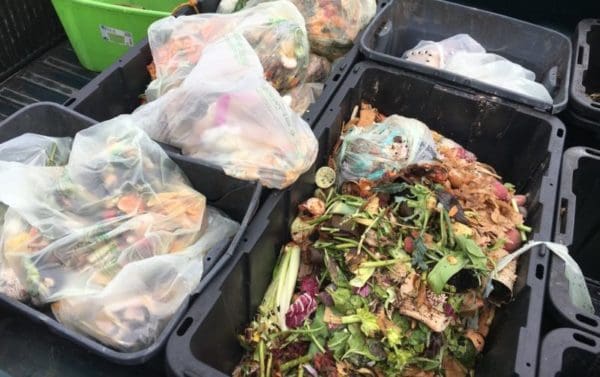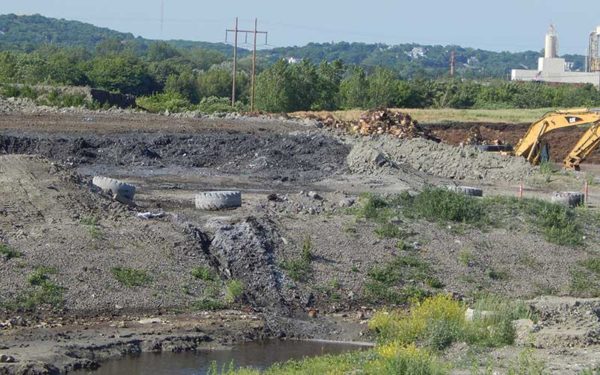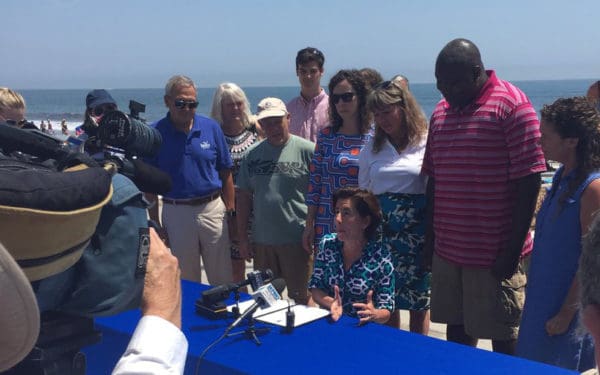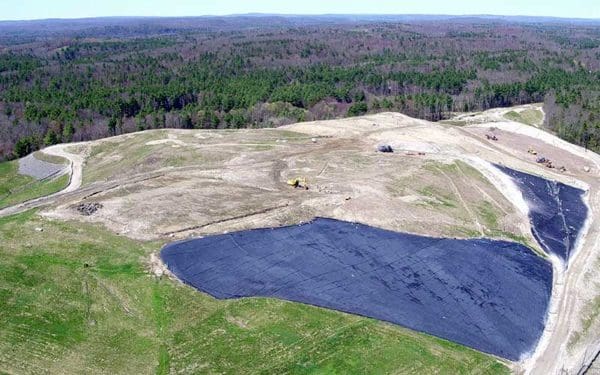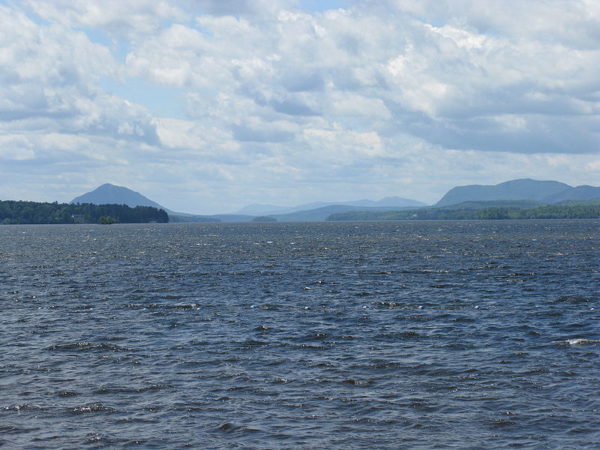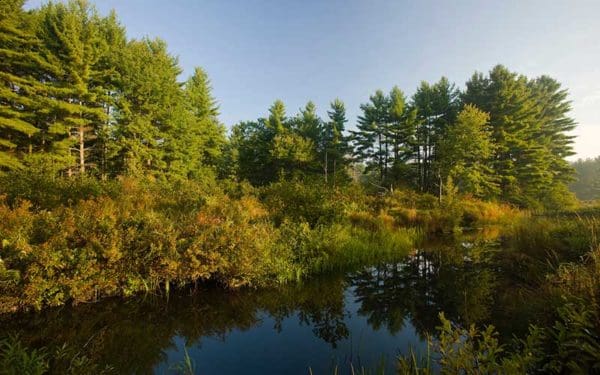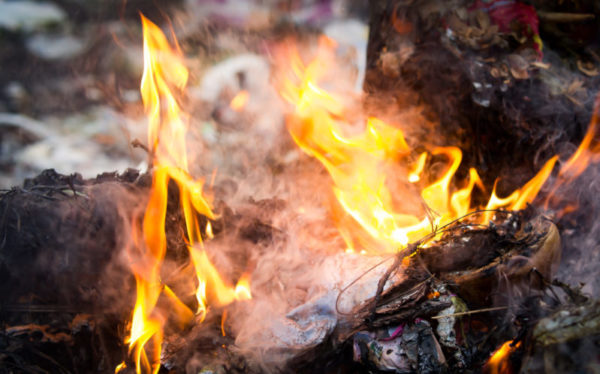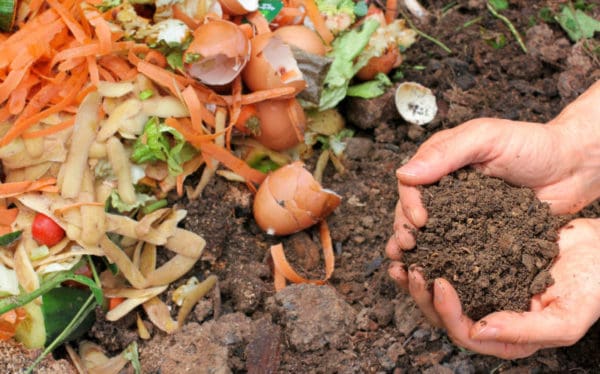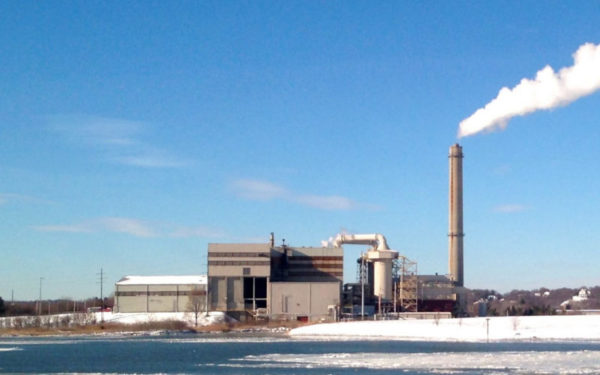Sep 06, 2018
Affordable composting has arrived in Lawrence, Massachusetts. A pilot program spearheaded by local groups and CLF gives residents of the Union Crossing/Duck Mill building an easy way to get their food scraps out of landfills and turned into rich soil.
Aug 08, 2018
CLF’s Zero Waste program has identified eight New England landfills that want dangerous expansions, a surefire way to increase the pollution they emit into the air, soil, and water. We’re working to stop them from expanding.
Aug 06, 2018
Governor Raimondo’s “Task Force to Tackle Plastics” is a good start for the state to start taking on plastic pollution. But to really face the problem head-on, Rhode Island must ban single-use plastics and push the state closer to Zero Waste.
Jul 23, 2018
The Massachusetts state legislature is considering a bill that would ban plastic bags across the Commonwealth. More than 80 cities and towns in the state have already ousted this plastic pollution from their communities – now our legislature can standardize this practice by enacting a ban statewide.
Jul 23, 2018
All landfills leak – some over time and some from day one of operation – leaching toxic chemicals into the ground and the water supply. Despite state and federal regulation, landfills are harming the health and environment of communities in New England.
Jul 20, 2018
The Coventry Landfill sits on over 600 acres in northern Vermont, and Casella Waste wants to expand it an additional 51 acres. This expansion is unnecessary and dangerous to the health of Vermonters.
Jul 12, 2018
“We need to reduce our waste instead of looking for more places to bury it,” said Tom Irwin, Vice President and Director of CLF New Hampshire. “Waste Management is dumping about a million and a half tons of waste per year into the Turnkey landfill, putting nearby communities and waterways at risk. It’s time for the state to stop undermining waste reduction efforts by expanding landfills and instead focus on zero waste strategies that treat waste as a resource.”
May 14, 2018
Incinerator companies have done a great job green-washing their true impacts on communities by implying that so-called “waste-to-incineration” facilities are good neighbors offering a safe process that eliminates waste, allows for robust recycling programs, and generates renewable energy. Nothing could be further from the truth. The reality is burning waste harms the health, environment, and economy of many communities. The perceived benefits simply aren’t worth the risk.
May 09, 2018
Over the last few years, the push to get food waste out of landfills and incinerators has become the new kale. Or cupcakes. Or bone broth. You get the picture. And rightfully so! As a nation, we waste a staggering amount of food every year: about 40 percent of what we produce. That’s more than… Continue reading Are You Composting Yet? If Not, Spring Is a Good Time to Start!
May 09, 2018
“The Wheelabrator landfill is the most dangerous in Massachusetts, and it is putting the health of nearby residents at risk,” said Kirstie Pecci, director of the Zero Waste Project and a Senior Fellow at CLF.
